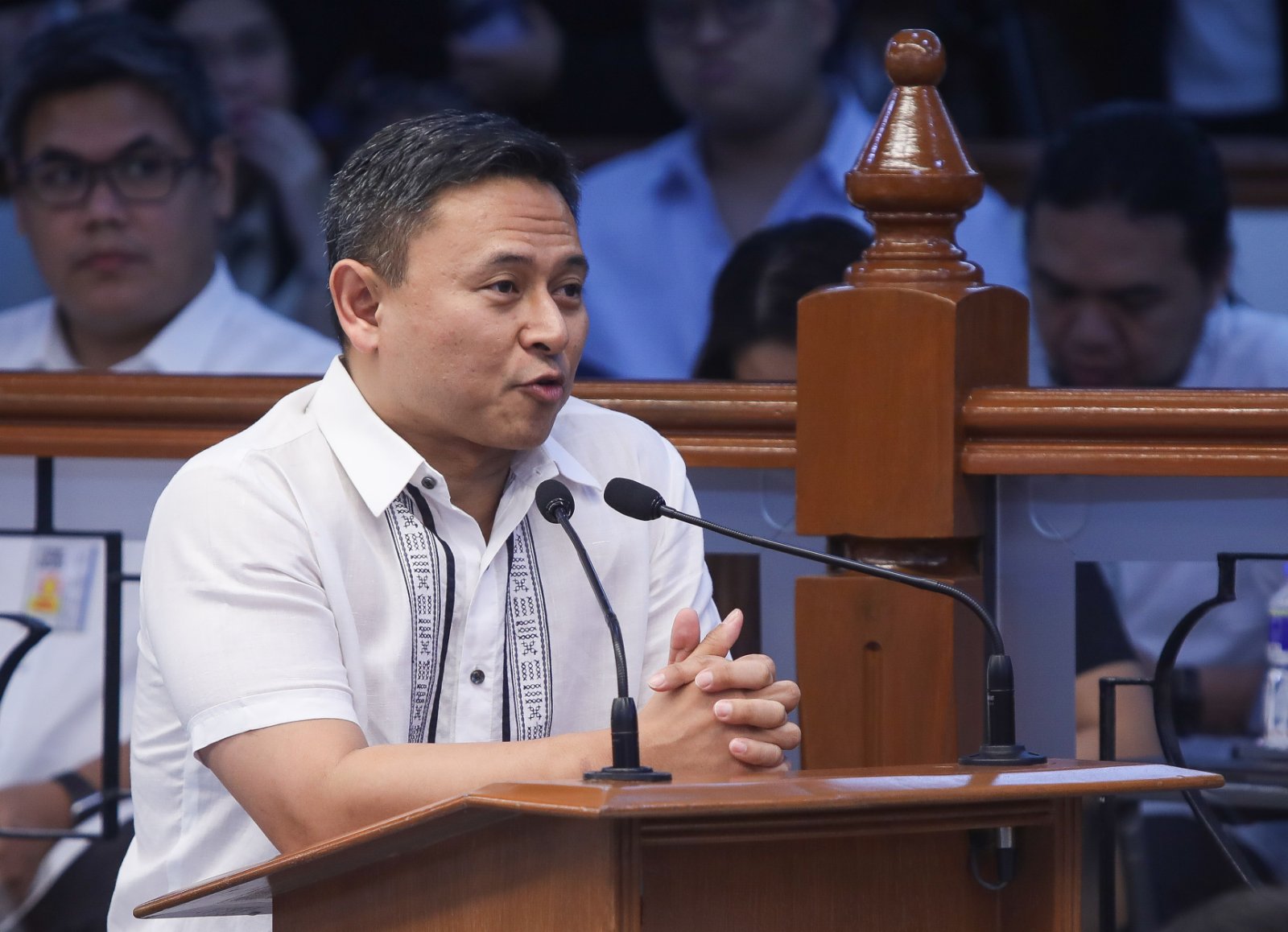
Sen. Sonny Angara —Senate PRIB
Sen. Juan Edgardo Angara on Friday said the soon-to-be enacted reforms in the government’s procurement process would help save public funds by institutionalizing new measures to stamp out corruption and ensure efficiency.
Angara said Senate Bill No. 2593, or the New Government Procurement Act (NGPA), was created to plug the loopholes in Republic Act No. 9184, or Government Procurement Reform Act (GPRA), which his father, deceased former Senate President Edgardo Angara, authored 21 years ago.
He said the Senate and the House of Representatives ratified the measure before the 19th Congress ended its second regular session on May 22 and Angara said he was hoping President Marcos would sign it into law.
If the Chief Executive fails to sign the enrolled bill within 30 days after receipt, it will lapse into law as if he did, unless the President vetoes the measure.
But the new government procurement law was among the Marcos administration’s priority measures and it was fortunately retified by both houses before Sen. Juan Miguel Zubiri was dislodged from the Senate presidency.
Changes ‘over time’
“Over time, scheming minds were still able to exploit the GPRA and it is high time that we clamp down on these illegal practices by eliminating the opportunities for corruption,” Angara said in a statement.
“This is what the NGPA intends to achieve,” he added. “This measure will also help boost investor confidence in the Philippines … Consistency, transparency and accountability are key elements in attracting investments.”
According to Angara, the measure mandated all state agencies to come up with a planned procurement process by conducting “proper market scoping, supply positioning, analysis of available procurement modalities and risk management.”
“New modes of procurement have also been introduced to provide greater flexibility to the procuring entities in choosing based on their requirements,” he said.
Among these modes, he said, were competitive dialogue, unsolicited offer with bid matching, direct acquisition, direct sales or “pasa-buy,” and direct procurement for science, technology and innovation.
‘Most advantageous bid’
Angara said the measure also introduced the concept of “most economically advantageous responsive bid,” which replaced the lowest-priced proposal as the major factor in awarding government contracts.
He said this would address the concerns of government offices on the quality of goods they buy as the old law required that the cheapest ones should be prioritized.
“This incorporates a pre-determined quality of the goods to be procured as part of the criteria for selecting the winning bid,” the senator said.
In addition, he said, state agencies would be also mandated to give preference to Philippine-made products as required by RA 11981, or the Tatak Pinoy (Proudly Filipino) Act, which Angara also authored and sponsored.
“The procuring entity will award the contract to the domestic bidder if its bid is not more than 25 percent in excess of the lowest foreign bid,” Angara said.